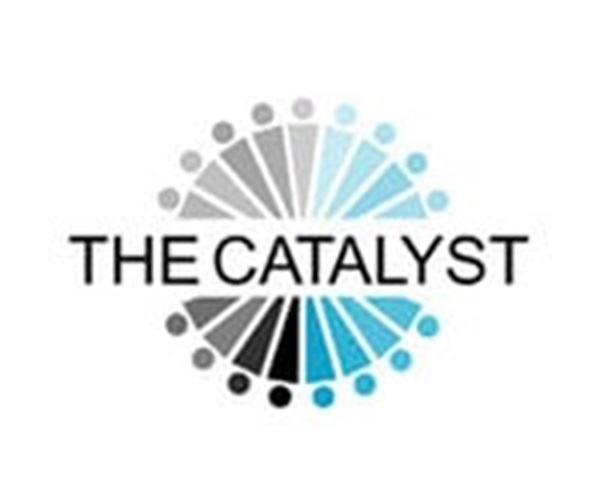Week in review: The latest from PhRMA
Check out the latest from PhRMA this week!

Week in review: The latest from PhRMA
Check out the latest from PhRMA this week!

Week in review: The latest from PhRMA
Promoting competition is an important focus for the biopharmaceutical industry. Since 1984, the Hatch-Waxman Act has fostered robust competition through the timely entry of generic medicines into the marketplace. Thanks in part to the incentives in the law, 90 percent of prescriptions today are filled with generics. And for brand medicines facing generic entry in most recent data from 2013-2014, generics captured an average of 93 percent of the market (by volume) within a year of entry. This dynamic of robust generic marketplace uptake and competition is only set to increase in time. All the while, multiple sources confirm medicine spending growth on medicines was between just three and five percent in 2016, the slowest rate in years.
That is why it is disappointing that Michael Carrier chose to present such a biased, one-sided view on this topic in his recent commentary which also leaves out key proposals and policies the biopharmaceutical industry supports to foster and maintain healthy competition including the following:
Citizen petitions (CPs) provide an important avenue for raising critical scientific, policy and legal issues to the FDA
Claims that innovator CPs are frivolous and delay generic entry are flawed and ignore the role of the citizen petition process in promoting the transparent exchange of information and ideas about scientific, legal, and regulatory matters, which is critical to achieving the U.S. Food and Drug Administration’s (FDA) public health mission. Through petitions, the FDA receive valuable input reflecting various perspectives, and, through comments on pending petitions, the public may engage in the agency’s deliberative process.
REMS are necessary to ensure patient safety and cannot be used to delay generic competition
The CREATES Act as proposed would give generic drug companies the ability to file lawsuits to obtain samples of drugs and conduct testing without safeguards equivalent to those required under risk evaluation and mitigation strategies (REMS) applicable to the innovator medicine. Accordingly, the bill would spur wasteful litigation and supplant the public health expertise of the FDA with the decisions of federal judges and would undermine patient safety. Many products subject to REMS already have generic competition, and FDA and other government agencies have the authority to prohibit any potential abuse of REMS to impede generic competition.
PhRMA supports policies that preserve innovation and promote robust competition
We support streamlining and expediting the generic drug approval process, especially where there is no intellectual property remaining for the innovator product. FDA has already taken meaningful steps to streamline and expedite the generic drug approval process by promoting more high-quality generic applications and by publishing a list of off-patent, off-exclusivity drugs without approved generics. This is further evidence the FDA is focused on promoting a competitive marketplace that works for patients. The Federal Trade Commission has the authority through the antitrust laws to address in the appropriate circumstances conduct that is potentially anticompetitive.
Fostering robust innovation will continue to enhance the competitive marketplace for biopharmaceuticals.